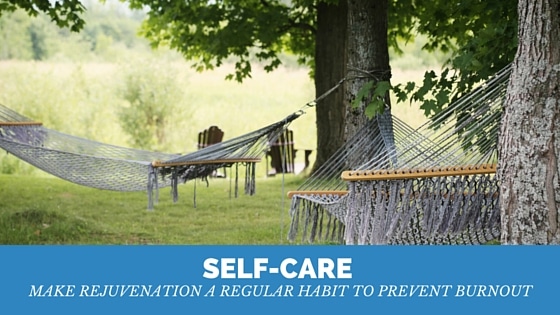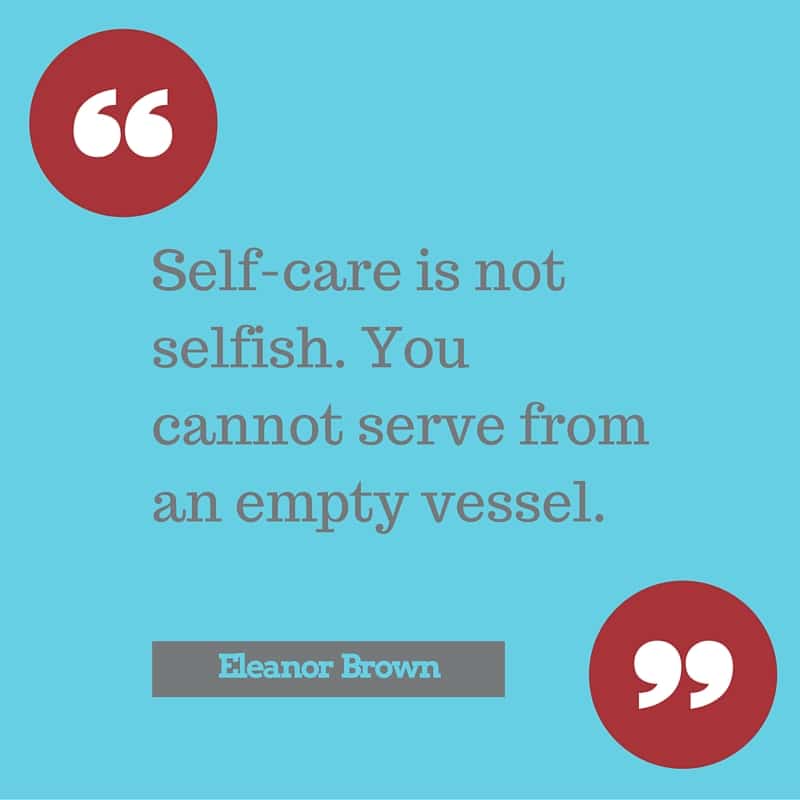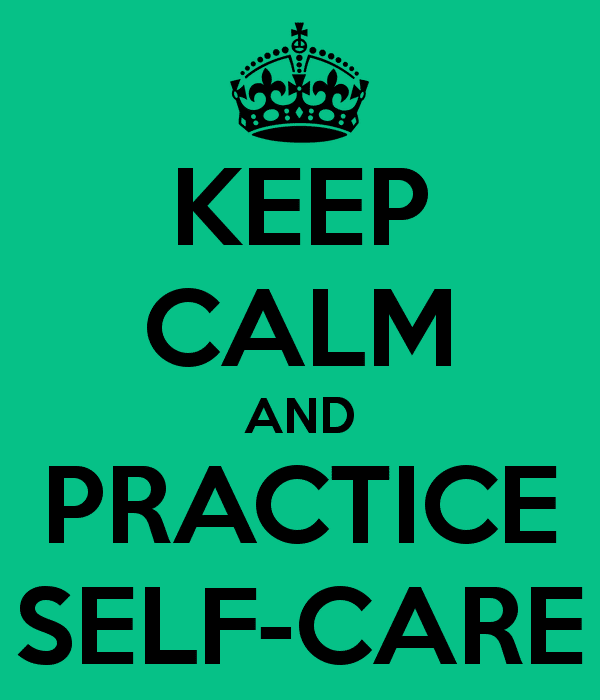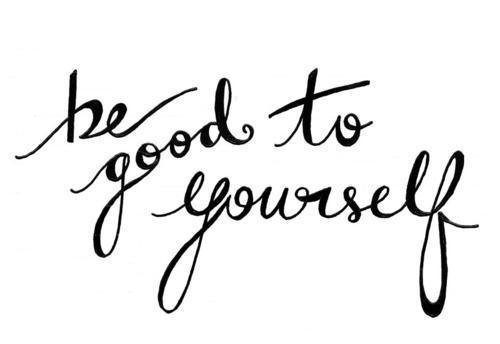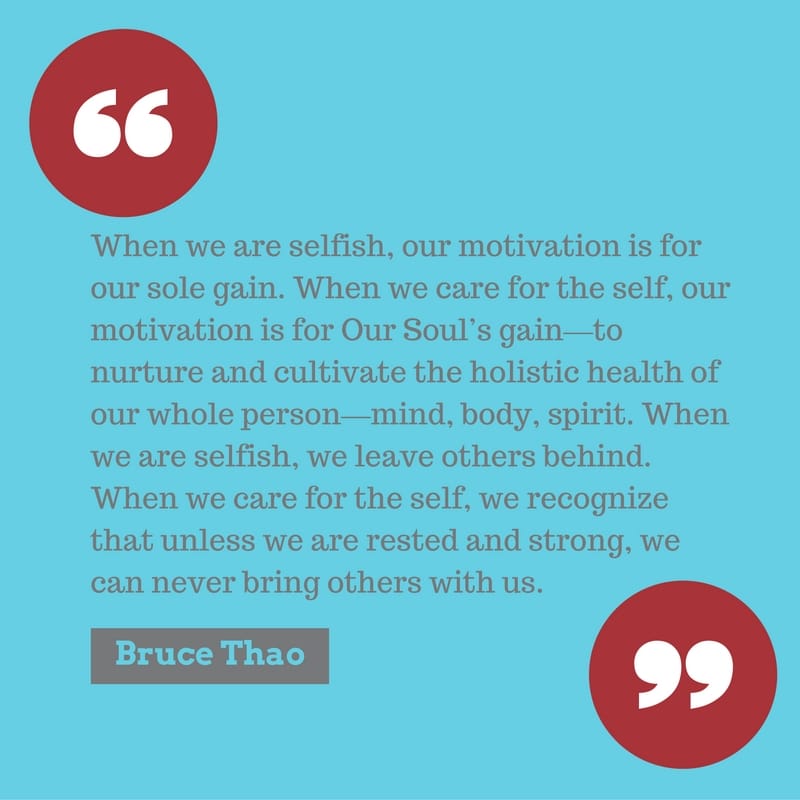Self-care is a holistic wellness practice that keeps you healthy and recharged — and that can mean something different to everyone. Self-care can be mental, emotional, physical, and/or spiritual. For some, it might mean going to a yoga class or the gym. For others, it’s creating art or taking a long bath. For others, it’s going on a hike or reading a book.
In today’s workplace — where workers often face long hours, undercompensation, and an expectation of round-the-clock availability — effectively promoting self-care to prevent burnout is talked about a lot, but often hard to put into practice.
Overworked and Less Productive
Self-care can greatly impact an organization’s finances, productivity, and morale. Studies have shown that work stress can cost workplaces up to almost $150 billion a year in lost productivity from going to the doctor, missing work for sick days, or replacing burned out workers. When workers are stressed out, exhausted, and unmotivated, they simply produce less work and lower quality work. This then starts to have a ripple effect and can impact the attitudes and health of others on their team.
Other studies show that organizations with thriving employees reported 16% better overall performance, and that burnout was 125% lower than at peer organizations. (Still not convinced? Check out the improvements in productivity and employee happiness when Tower Paddle Boards switched to a 5-hour work day.)
The bottom line: take care of yourself. If you’re a manager, create an environment that encourages self-care for your whole team. When you feel fresher, you can do your job better. You have to take care of yourself before you can take care of your team, your clients, your friends and family, and your community.
Make Rejuvenation a Regular Habit
There are structural and personal factors that contribute to building a habit of self-care.
At a structural level, assess things like lighting and ergonomics around the office that can impact the physical health and happiness of your team. (Try to provide opportunities for everyone to access natural light or blue-enriched light bulbs, rather than the harsh fluorescent lights.)
And, you have to make self-care part of your work culture. It needs to be social — empower your staff to come up with self-care ideas that work for them (I’ve seen team movie nights, debriefing sessions, gym memberships, quarterly game nights, a pact to force everyone to go home by a certain time, etc.) — and try providing rewards to teams that are making self-care a habit.
I get it — sometimes there is simply no way around a crunch period for a big deadline. But in general, you have to switch your mindset from one of scarcity (“we don’t have enough time/resources/people to do the work!”) to one of abundance (“we’ll make time, because it’s important!”).
Here are a few self-care techniques your team can adopt:
- To get started, brainstorm ideas with your team. Create a “self-care” standing agenda item that your team will need to report out on, share opportunities, provide feedback, etc.
- If being more active/healthy resonates as a self-care activity…
- Hold walking meetings
- Buy standing desks (it helps to have adjustable desks or 1-2 “spare” standing desks for shared office use)
- Start Yay Days (REI encourages employees to get outside by offering 2 paid days off each year to enjoy their favorite outside activity)
- Order a CSA box and split it amongst your team
- Hire a wellness coach
- If “regaining time” resonates as a self-care activity…
- Give the flexibility to work from home
- Encourage a “work can wait” mentality — encourage team members to shut off email and notifications after hours and on weekends
- If bonding resonates as a self-care activity…
- Schedule fun team events weekly/monthly/quarterly (potlucks, lunches, paint nights)
- Create a mini communications campaign around self-care, and encourage employees to tag photos of self-care activities with #selfcare (this can be internal, such as in a Slack channel, or external, such as on an Instagram account).
On a personal level, you need to create a new routine that builds in the things that restore your energy and make you happy–and make time to practice this new self-care routine! Whether it’s solo or with friends, make sure you’re engaging in these activities regularly, even if it’s only for 10-15 minutes every day. Here are some more tips:
- If you’re looking for some guidelines to get started, check this list out.
- Assess what’s draining your energy, then create a Not-To-Do List, like hanging out with friends or coworkers who you actually find annoying.
- If you need help scheduling reminders, try using Google goals or these other great mindfulness apps that can help you stay calm and build in self-care at work or at home.
Balance and Accountability
This is one of the best definitions I’ve seen in the selfish vs self-care debate:
Like everything, you need balance for this to work well. Don’t be a martyr at work only to burn out. Don’t take advantage and leave at 3 pm every day claiming “self-care” if it impacts your team and they have to pick up the slack. Support each other, but maintain accountability. You might feel pressure to work late (whether from your boss or self-imposed), but remember: the world won’t explode if you didn’t do everything on your to-do list. With a few career exceptions, nobody will die if you go home at 6 pm rather than at 9 pm.
What are some self-care techniques you like to do?

